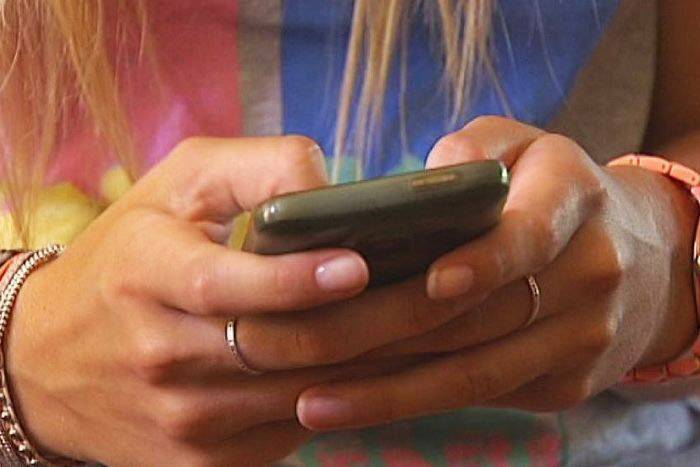A link between mental health and time online – Social Networking & Mental Health
Unless you have been living “off-the-grid,” you can come across a myriad of resources for finding information related to your mental health. It has lately become quite a buzzword in the modern society that we live in. In fact, it has become household terminology. When you visit a doctor for your health check-ups, today’s doctors now might ask the millennials, “How is your mental health?”
As per a new study report by Pew Research Centre, it was observed that around 78 percent of the modern adolescent population uses various kinds of social media interactions on a daily basis. Some of the most popular options for social media interactions are through the leading platforms, including Facebook, Instagram, Snapchat, Twitter, and so more. The question remains, “How is our time spent online affecting our mental health?”
A Brief Into My Insight
Sitting in a beautiful city, focused on absorbing the culture, experience, noise, and the view, I was taken by a young family boarding the daytime city exploring bus.
I was intrigued by the family situation that I was observing. The family’s young children – aged between 5 and 8 years old – proceeded to take a seat at the front of the bus. It is perhaps the best place on the bus to admire the city views and iconic landmarks. They were certainly tourists and out to explore the sites on this day tour of the city bus.

I noticed that rather than embracing the experience and sites, both young children pulled out their digital devices and proceeded to play games for the full duration of their ‘on the bus experience’. When the parents gave them the signal to disembark from this sightseeing bus, the children calmly put their devices away and hopped off the bus. The result – they had not done anything but play phone games. They had missed landmarks, they had not taken in any commentary, and the total tourist experience had likely been lost to them. They had perhaps reached the next level in their game though.
As someone who works closely with young people and understands the impact of positive mindfulness, I am aware of the impact that high levels of digital use can have on a young mind, and it’s wellbeing. I am also aware of how important family communication, interaction and engagement with each other is to these young developing people. Sadly, this opportunity to explore, engage, connect and be in the present moment was completely missed. Latest studies reveal that most of the young adult population is already available on leading social media platforms, including Facebook, Twitter, Instagram, Snapchat, and more. Around 70 percent spent time on Snapchat, while 71 percent used Instagram, and 68 percent of the young adolescents used Facebook.
As I watched and observed these young children in digital land, not taking in the beauty of the current moment, I sadly reflected upon the following facts and the current reality.
Fact:

Reality:
Action:
Do you think that the use of a digital device was better entertainment for a young child than exploring a new city? While ignoring the Internet seems to be completely impossible for young adolescents, it is vital to understand that spending time online should not replace the type of social interaction that we require to be a well-rounded human being. Using the internet to escape major problems like bullying or poor academic grades can mostly lead to significant problems down the lane.
As much of our modern life is heavily dependent on the latest technological & internet advancements, it is imperative for us to recognize the positive and negative implications they carry. As technology and the internet begin to show the likelihood of addiction in young users, it is important to encourage the young people in our lives to spend time online in moderation.
We would be interested in hearing your stories, lessons learnt and views.
Please reach out to I’m Enough with your comments.



